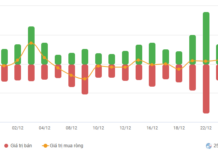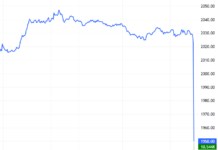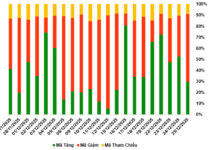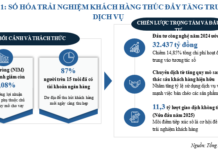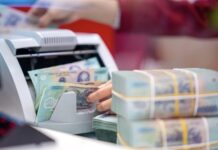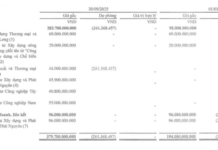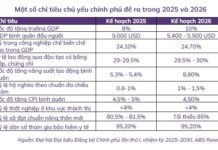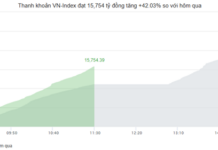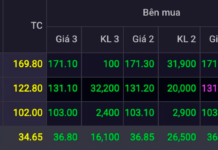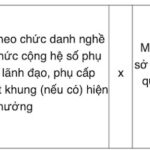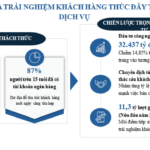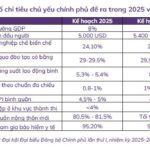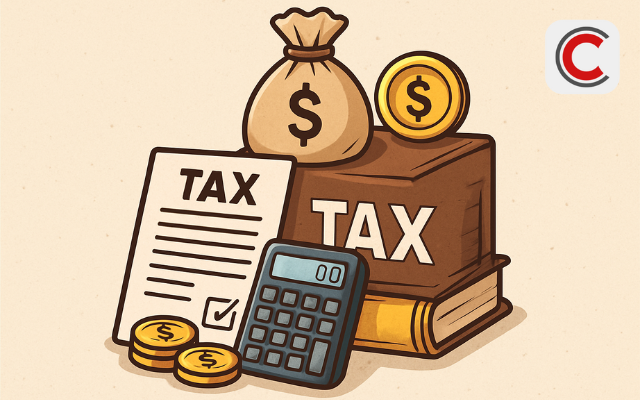
Reform of personal income tax policy for business individuals in Vietnam aims to create a fairer and more transparent tax environment.
The current regulations under Article 10 of the Personal Income Tax Law stipulate that individual businesses paying taxes at a percentage of turnover are not allowed to deduct expenses. While simple, this method has revealed several shortcomings: it fails to accurately reflect actual profits, creates disparities across different industries, and does not incentivize households to transition to an enterprise model.
To address these issues, the new draft law proposes a significant change. Specifically, from January 1, 2026, when the official abolition of the quota tax format takes effect according to Resolution No. 68-NQ/TW and Resolution No. 198/2025/QH15, business individuals with annual revenue above a government-specified threshold will be subject to taxation using the formula: taxable income multiplied by a 17% tax rate.
Taxable income will be determined by deducting reasonable expenses incurred during the tax period from the revenue generated from the sale of goods and services. This calculation better reflects business results and brings the tax policies for business households closer to those of small and medium-sized enterprises, which are already subject to a 17% tax rate as per the Law on Enterprise Income Tax No. 67/2025/QH15.
For smaller business households with annual revenue below the specified threshold, the draft law retains the method of calculating taxes based on a percentage of revenue, similar to the current Personal Income Tax Law. This approach provides a reasonable transition and maintains simplicity for smaller-scale households.
Additionally, the draft proposes adjustments to the tax rates for certain types of income in the digital economy. Specifically, income from providing digital content products and services, such as online entertainment, electronic games, digital movies, music, photos, and digital advertising, will be subject to a 5% tax rate.
The Ministry of Finance argues that these sectors have unique characteristics and are rapidly developing, requiring a separate mechanism to ensure fairness with other taxpayers and enhance transparency and regulatory effectiveness.
This policy revision is considered a significant step forward. Firstly, it creates a more level playing field for business households and small to medium-sized enterprises in terms of taxation. Secondly, it encourages larger business households to transition to an enterprise model, enabling them to access more benefits and development opportunities. Thirdly, it demonstrates a modern and transparent approach to tax management that aligns with the digital economy trend.
Overall, by introducing a 17% tax rate for business individuals with higher revenues while maintaining the turnover-based method for smaller households, the draft amendment to the Personal Income Tax Law aims to establish a fairer, more practicable, and realistic tax system.
“NCB Visa Cards Shine Bright Across Hanoi for National Day Celebrations”
Introducing the NCB Visa card, a symbol of pride and patriotism, released just in time for the 80th anniversary of our nation’s independence. With its vibrant red and yellow colors, this special “Pride” edition card is a perfect tribute to our beloved country. Just like the vibrant hues of our national flag flying high across the streets, this card adds a special touch to your celebrations.
Don’t Be Mechanical: Applying International Standards to Vietnam’s Green Finance
“Over the years, Nam A Bank has been a strong advocate for green finance, and Mr. Vo Hoang Hai, the bank’s Deputy General Director, shared three key lessons learned during this journey at the International Conference on September 5th, with the theme ‘Unlocking the International Green Capital Market’.”

